Your cart is currently empty!
Tag: PestControl
With an increasing emphasis on sustainable agriculture, many cannabis growers are adopting organic cultivation methods that benefit both the environment and consumer health. This guide outlines key practices for organic cannabis cultivation, such as enriching soil with compost and mulch, using natural fertilizers like manure and kelp meal, and implementing organic pest control through companion…
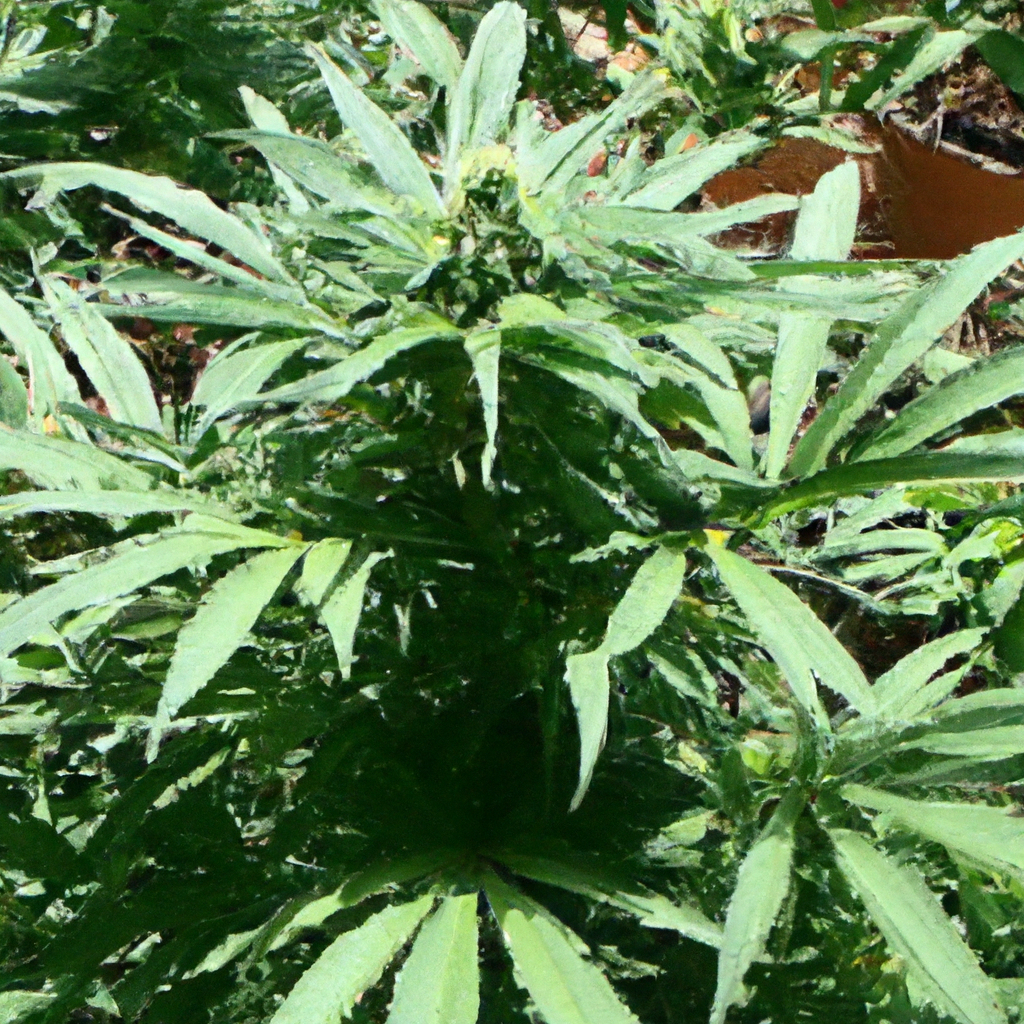
Organic cannabis cultivation is increasingly favored due to its eco-friendly practices and superior plant quality. This method avoids synthetic chemicals, emphasizing natural inputs like compost, organic fertilizers, and sustainable pest control. By building healthy soil ecosystems and utilizing natural pest control methods such as companion planting and neem oil, growers can produce cannabis that is…
As demand for eco-friendly products grows, organic cannabis cultivation, using natural fertilizers, compost, and organic pest management, provides a sustainable alternative. It emphasizes building a healthy soil ecosystem with methods like composting, cover cropping, and mulching. Organic fertilizers such as fish emulsion and bone meal ensure long-term soil health, while natural pest control uses beneficial…
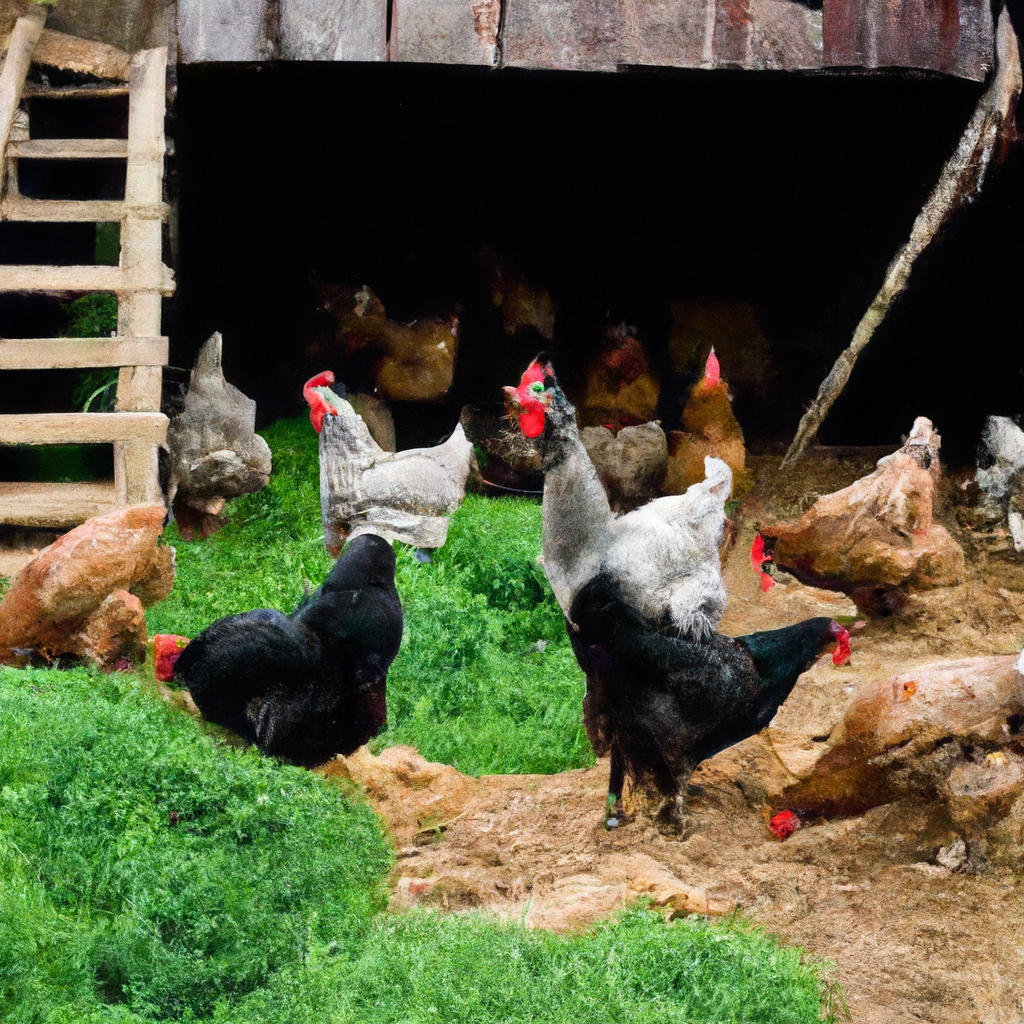
Integrating companion animals into cannabis cultivation offers unique advantages by enhancing growth and deterring pests. Chickens naturally reduce weeds and pests while improving soil through scratching behavior, and goat manure serves as an organic fertilizer. A real-world example from a Northern California farm showed a 40% decrease in pest issues and enhanced plant growth by…
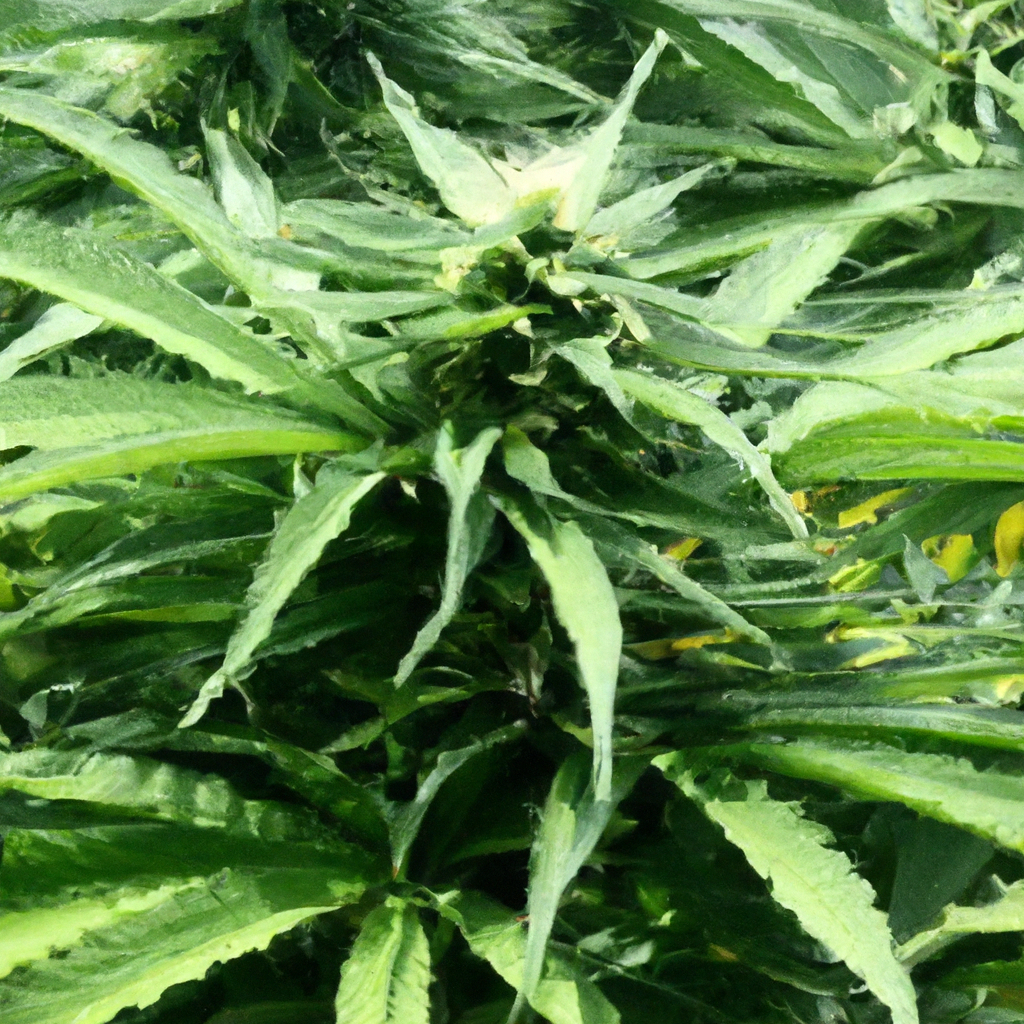
Embracing organic practices in cannabis cultivation benefits the environment and enhances product quality. This approach fosters soil health through compost, cover crops, and mulching, while natural fertilizers like fish emulsion and bone meal boost plant growth. Eco-friendly pest control methods, such as companion planting and beneficial insects, ensure a healthy crop without harmful chemicals. Ultimately,…
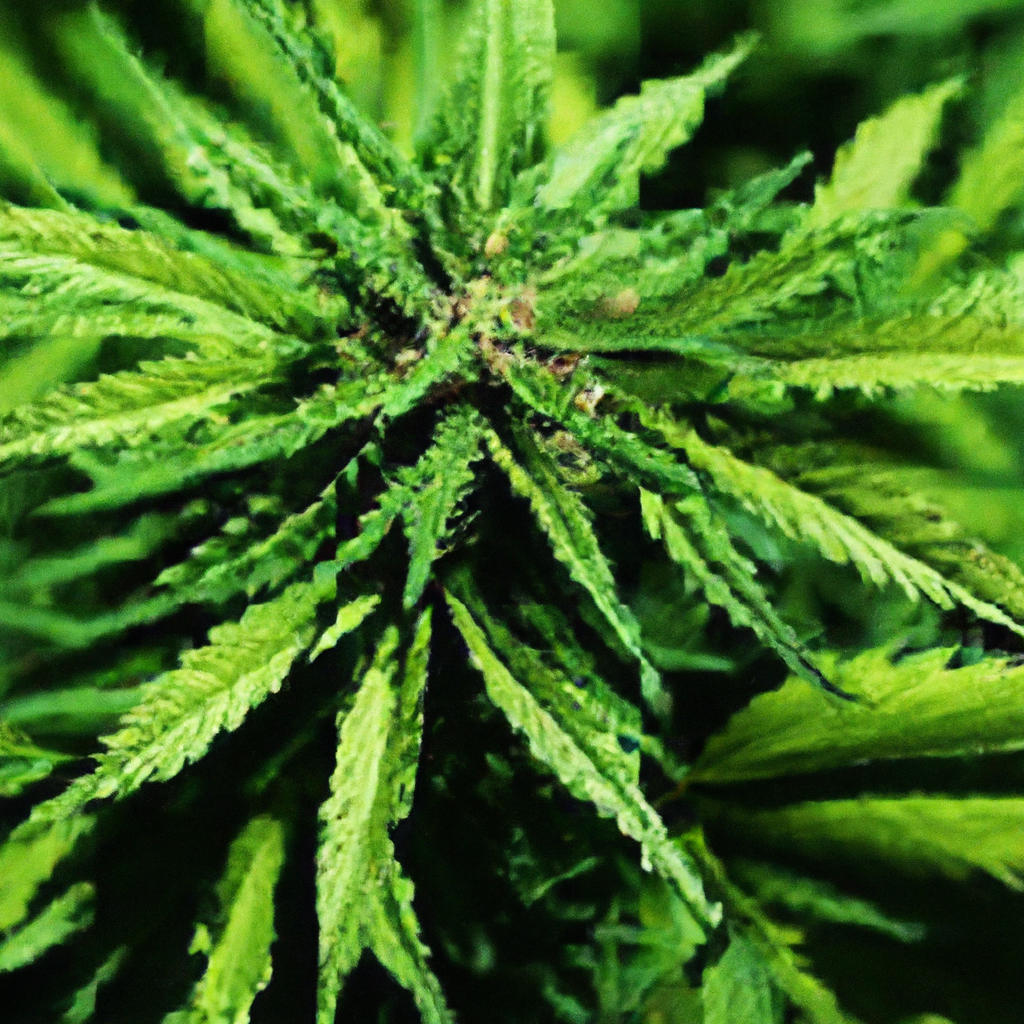
The cannabis industry is increasingly adopting sustainable practices, with organic cultivation at its core. This approach not only supports environmental health but also enhances cannabis quality and therapeutic benefits. The blog highlights best practices such as the use of natural fertilizers and compost to boost soil fertility and sustainable pest control methods like Integrated Pest…
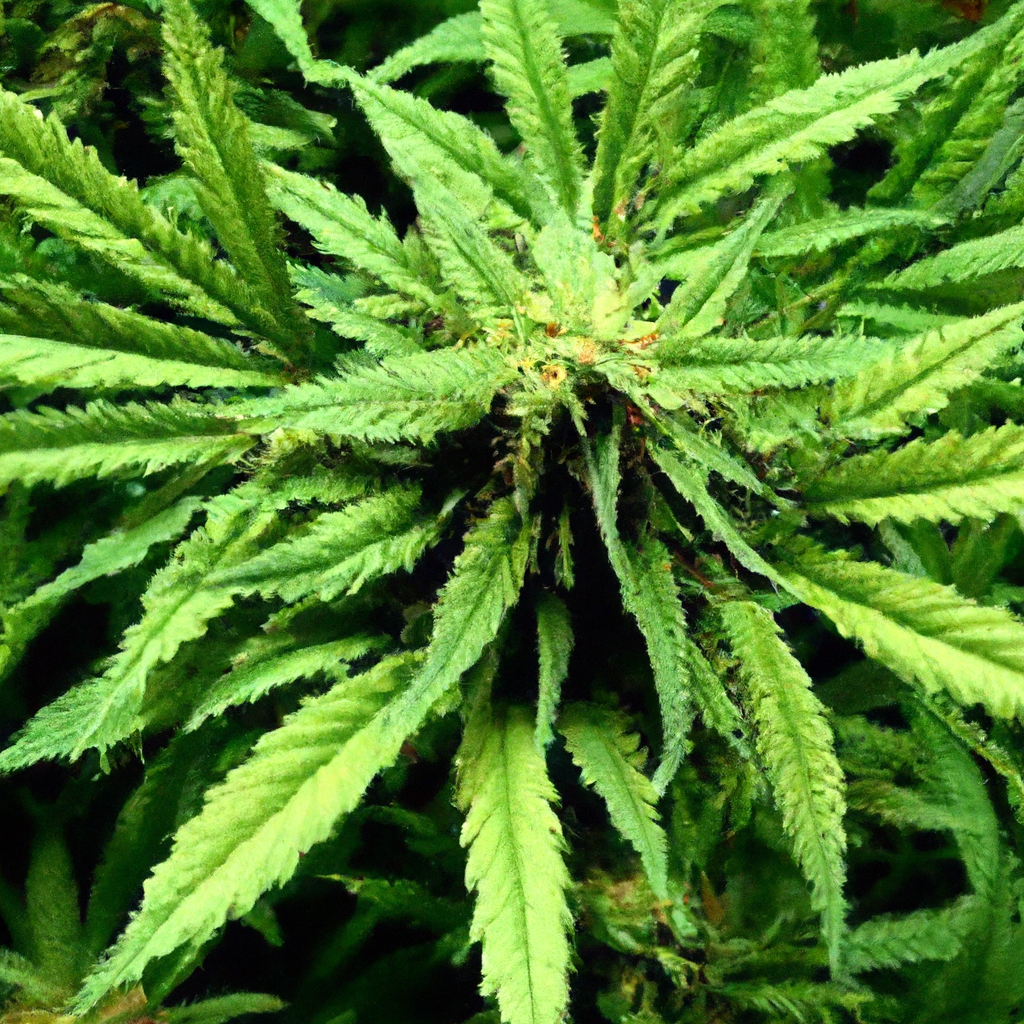
Embracing organic cultivation in cannabis farming promotes a healthier product and aligns with environmental sustainability. By avoiding synthetic chemicals, growers use natural fertilizers like compost, bone meal, and fish emulsion to enhance soil vitality. Natural pest control through beneficial insects, neem oil, and companion planting protects plants without harmful pesticides. Sustainable practices such as crop…
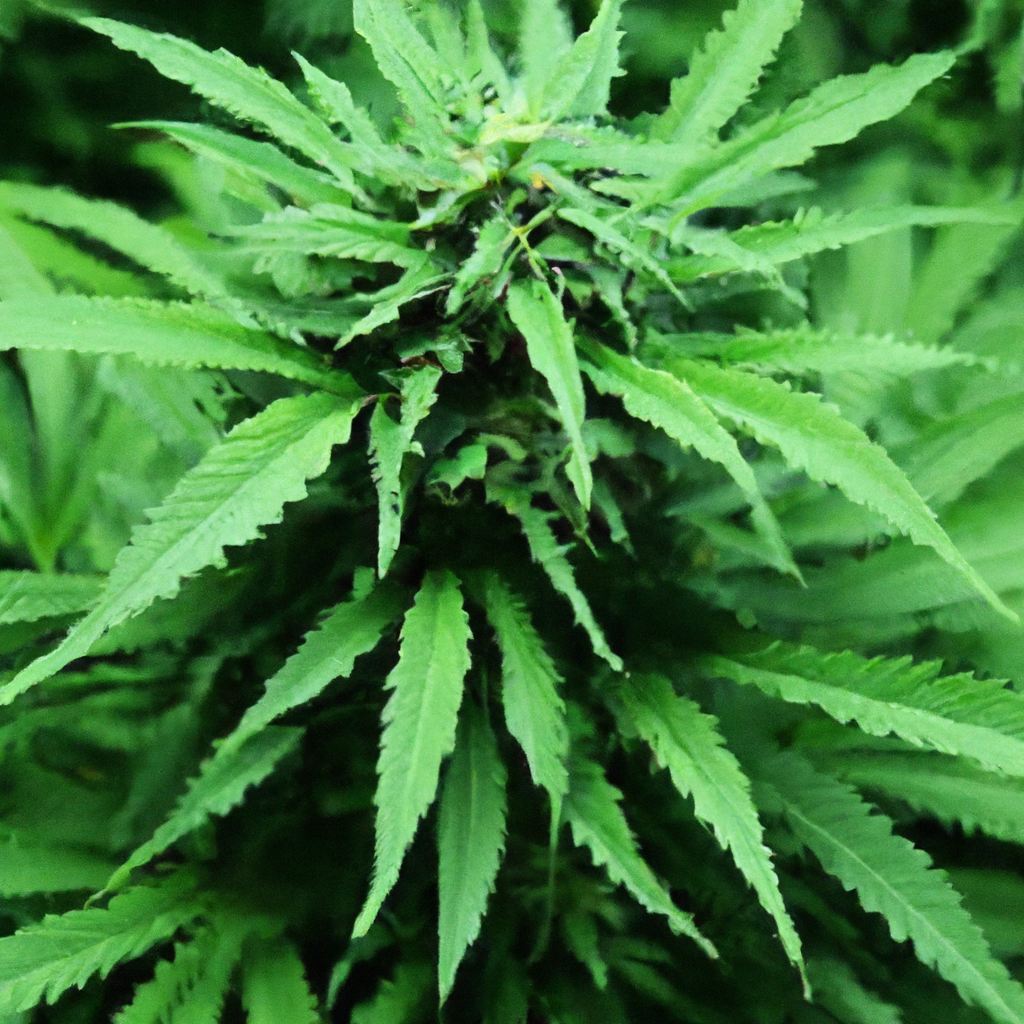
Organic cannabis cultivation is a sustainable approach that enhances both environmental health and product quality. This guide explores best practices for organic growing, focusing on natural fertilizers, compost, and eco-friendly pest control. By nurturing a thriving soil ecosystem without synthetic substances, growers can produce superior cannabis rich in terpenes and flavonoids. Techniques such as companion…
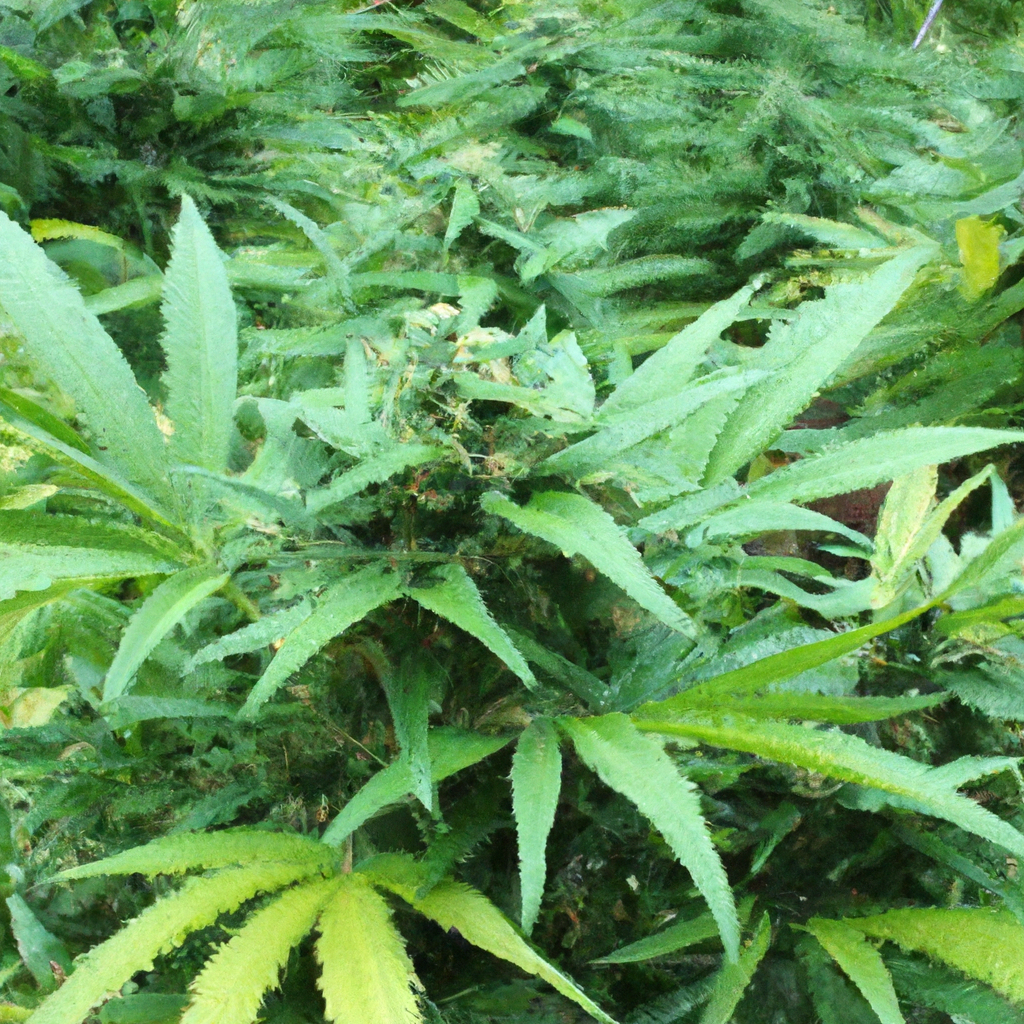
The cannabis industry’s shift towards organic cultivation methods highlights a commitment to sustainability and quality, benefiting both the environment and consumers. This guide explores best practices such as building a robust soil ecosystem with composting, mulching, and companion planting, as well as nurturing plants with natural fertilizers like manure and fish emulsion. For pest control,…
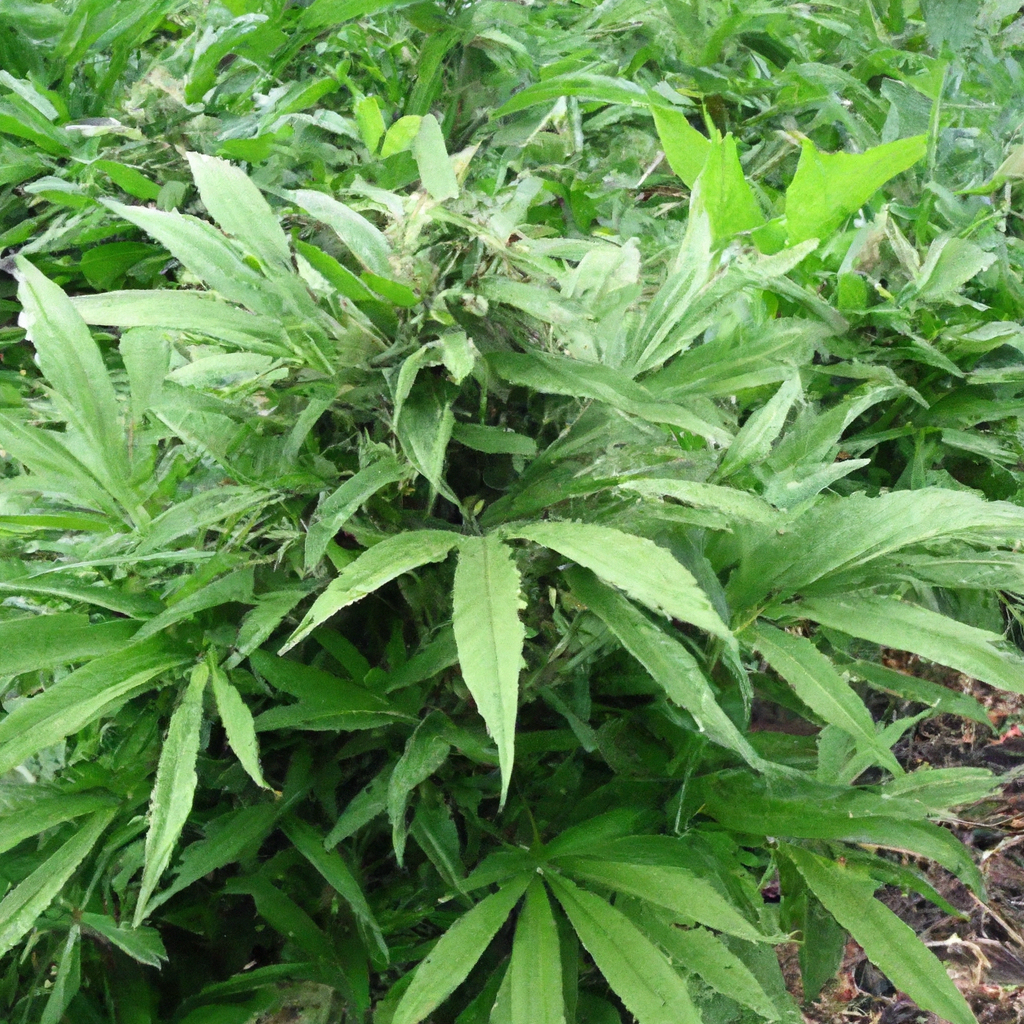
As cannabis demand increases, organic cultivation methods are favored for their environmental benefits and superior product quality. This guide emphasizes building healthy soil ecosystems with compost and mulching, using organic fertilizers such as fish emulsion and bone meal, and implementing natural pest control through companion planting and beneficial insects. Organic practices not only reduce chemical…
